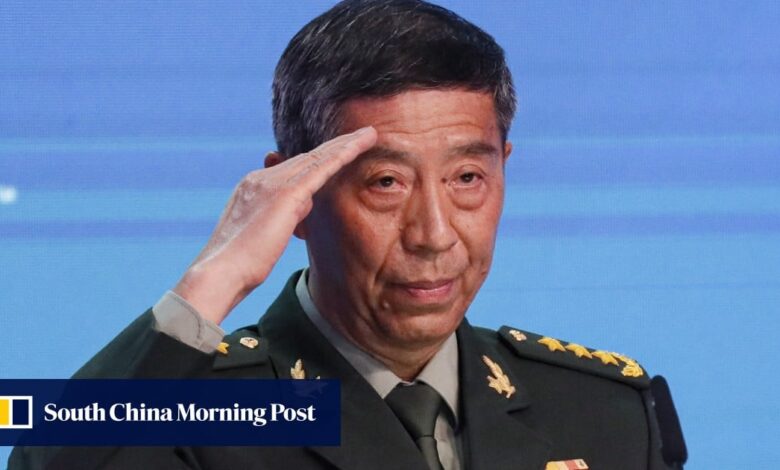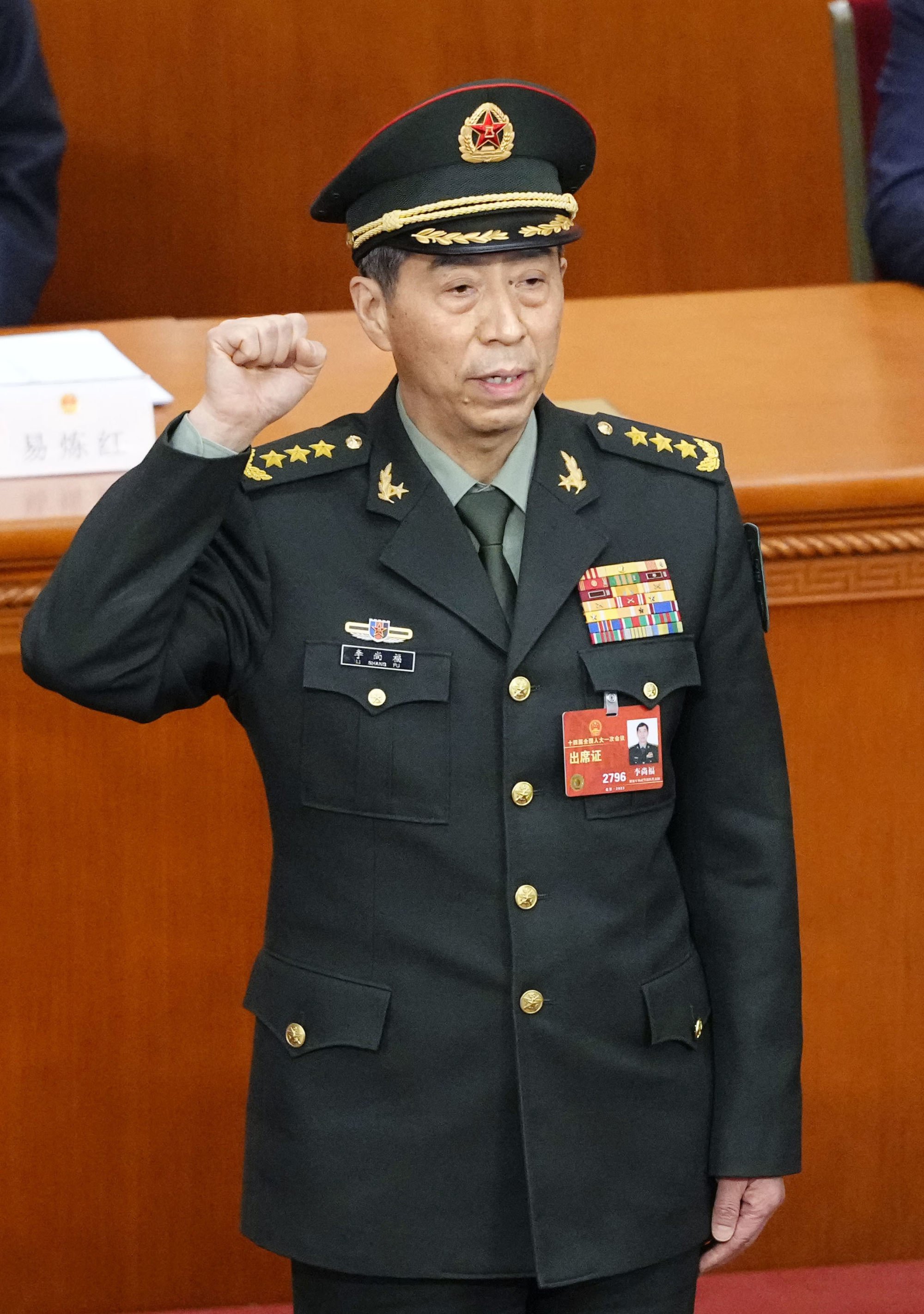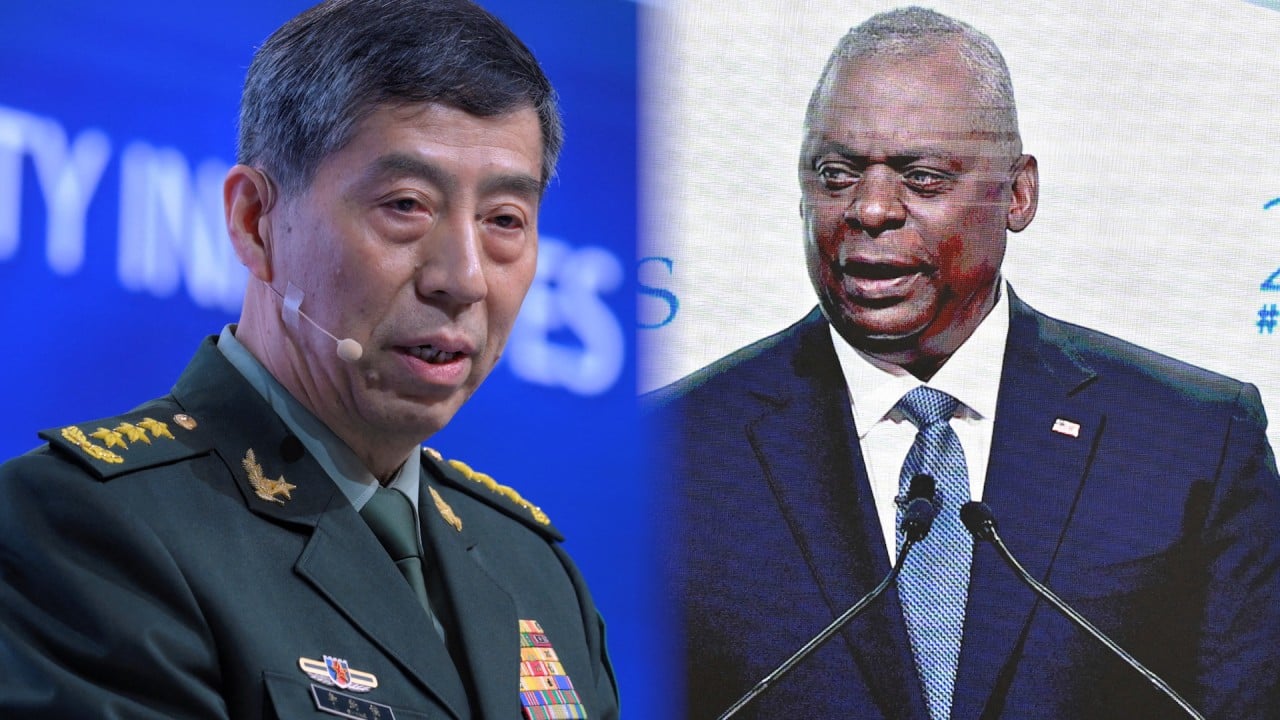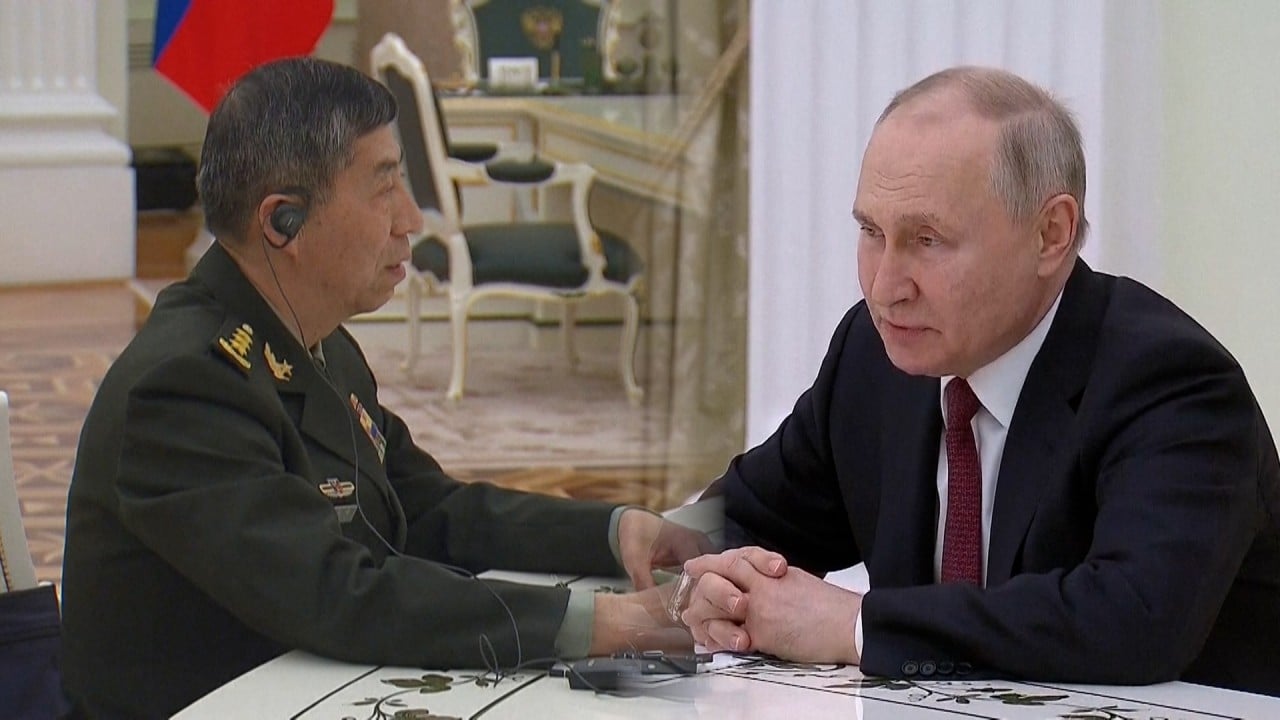Removal of Li Shangfu as China’s defence minister ends stratospheric career in space, military and government

[ad_1]
The removal of Li Shangfu as China’s defence minister on Tuesday marked the end of the aerospace expert’s four-decade career in which he was instrumental in the country’s ambitious space programme.
He was also dismissed from his position as a state councillor and expelled from the Central Military Commission on Tuesday.
Born in Sichuan in 1958, Li is a native of Jiangxi province in eastern China. His father, Li Shaozhu, was a Red Army veteran and former high-ranking officer of the People’s Liberation Army Railway Force. The late Li Shaozhu was famous for rebuilding logistical railways during the civil war and Korean war.
Li Shangfu joined the PLA in 1978 when he entered the National University of Defence Technology. Soon after graduation in 1982, Li joined the Xichang Satellite Launch Centre as a technician.

He became director of the centre in 2003, overseeing it as it became the pride of China’s space programme. In 2007, he was in charge of the Chang’e 1 mission – the launch of China’s first uncrewed spacecraft to orbit the moon.
During his 10-year tenure as the centre’s director, Li oversaw numerous rocket launches, including the Chang’e 2 lunar probe in 2010.
In an interview with state broadcaster CCTV in 2010, Li said his dream was to continue doing his job for eight more years and carry out 100 more rocket launches before retirement.
However, Li was chosen by the military’s top brass in 2013 and named chief of staff of the PLA General Armaments Department (GAD). The GAD was then the Chinese military’s leading body responsible for policymaking and the supervision of weapons system design, development, production and procurement.
Three years later, and as part of President Xi Jinping’s overhaul of the PLA’s high command, the GAD was reorganised into the Equipment Development Department (EDD) of the Central Military Commission.
Heads still rolling as China’s anti-corruption drive enters second decade
Heads still rolling as China’s anti-corruption drive enters second decade
A year later Li was named head of the CMC’s equipment department, a role he held from 2017 to 2022. He was placed under US sanction in 2018 over the alleged procurement of weapons from Russia.
As the public face of the PLA, Li has been active in military diplomacy since being named defence chief in March.
China sees Russia partnership as crucial to its great-power ambitions: Pentagon
China sees Russia partnership as crucial to its great-power ambitions: Pentagon
Li has also built closer military ties with Russia, with two visits to Moscow and three meetings with his Russian counterpart, Sergei Shoigu, in six months. They pledged to deepen military cooperation despite mounting pressure from the US-led West over Russia’s invasion of Ukraine. Li also visited Belarus in August.
[ad_2]
Source link







